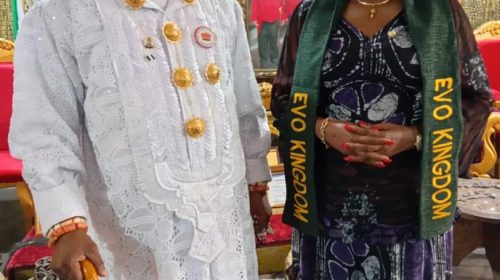Critical parts of AfCFTA are yet to be finalised—LCCI

President Lagos Chamber of Commerce and Industry LCCI, Mrs. Toki Mabogunje, has said that critical parts of the Africa Continental Free Trade Agreement are yet to be finalised while the agreement has come into operation. Speaking at the African Continental Free Trade Area: Roadmap to successful implementation organised by the Chamber she said “while the take-off of AfCFTA should be lauded, much work remains to be done as critical parts of the agreement are yet to be finalised. Several Key issues including schedules of tariff concessions, schedules of service commitment, rules of origin, investment, competition policy and intellectual property rights have not been concluded. There is still lack of clarity on the type of value addition that must occur within an AfCFTA State party for a product to benefit from tariff reduction.
“A great deal of sensitisation and enlightenment still need to be done on the implementation modalities, and this forms the basis for putting this event together. I am glad that we have competent resource persons who will be sharing valuable insights on implementation pathways for AfCFTA effective and sustainable implementation. As you are all aware, the implementation of the agreement has commenced, and some countries have started to trade under the new trade protocol. But many others, including Nigeria, are yet to commence trading. Therefore, it has become necessary to deliberate on how we can expedite the implementation of the agreement across countries on the continent.
“This event is part of the public engagement series of the Lagos Chamber and is aimed at facilitating discussions among stakeholders on the appropriate policy steps that would ensure a speedy and effective implementation of the continental trade agreement. Distinguished participants, as you may be aware, the African Continental Free Trade Area came into effect on January 1, 2021. The trade treaty marks the biggest free trade area globally in terms of number of participating countries since the formation of the World Trade Organization in 1995. The trade agreement was borne out of the need to deepen economic integration on the continent considering the Africa’s low intra-regional trade volume in relation to other continents like America, Europe, and Asia. The agreement sought to eliminate tariffs on 90 percent of goods while also enabling micro, small, medium, and large businesses to penetrate new markets and establish strong cross-border supply chains with trade partners on the continent.
“AfCFTA has the potential to accelerate socioeconomic development of the African continent. A well-implemented AfCFTA will stimulate economic growth, create jobs, and facilitate the economic diversification of African economies. Estimates by the United Nations Economic Commission for Africa (UNECA) revealed that AfCFTA has the capacity to expand Africa’s manufacturing output to $930 billion by 2025, from $500 billion in 2016. The Brookings Institution see Africa’s economic size rising to $6.7 trillion by 2030 from $3.4 billion in 2019 on the back of a well-implemented AfCFTA”.







Leave a Reply